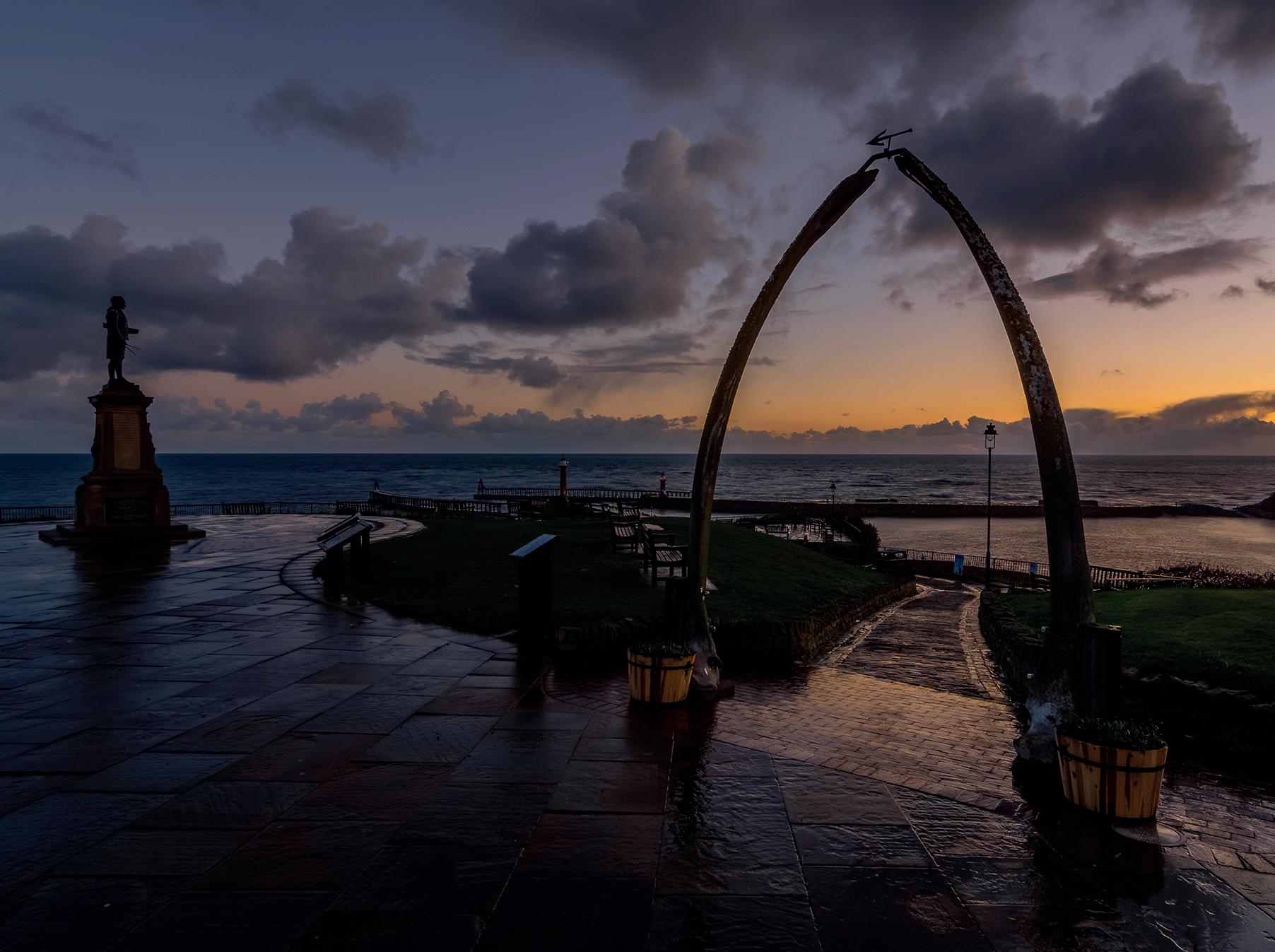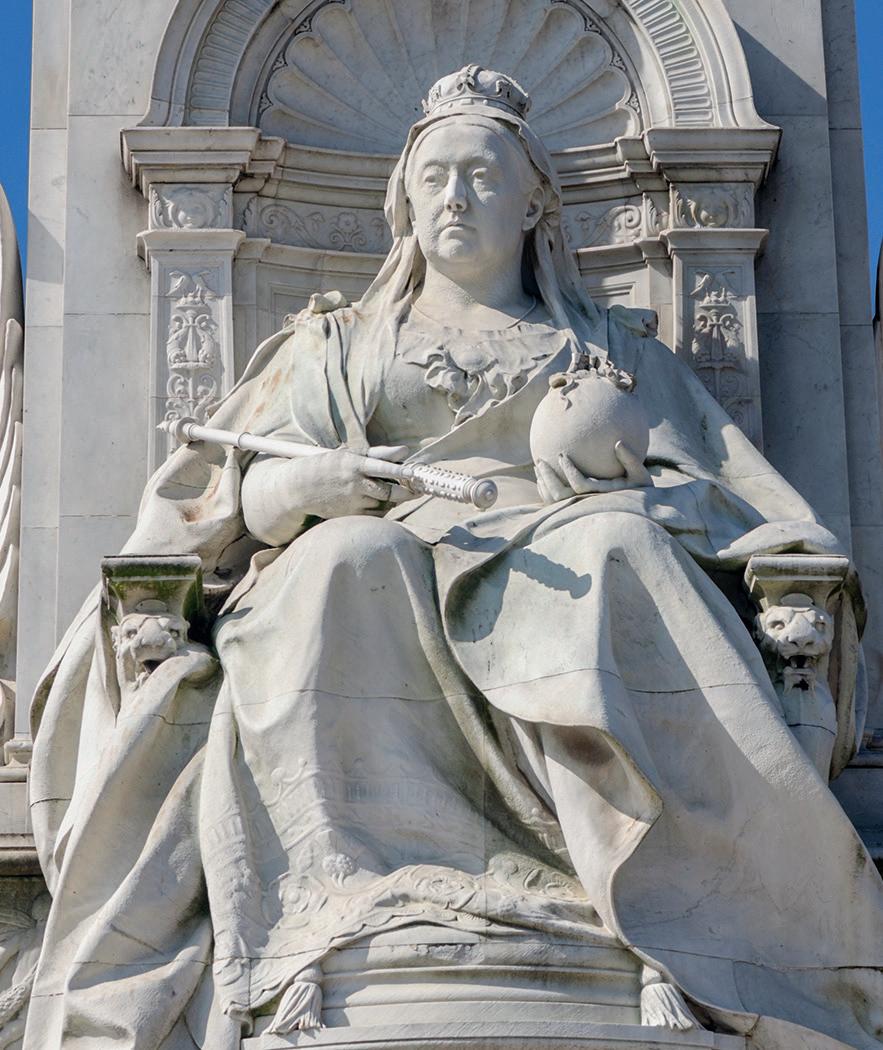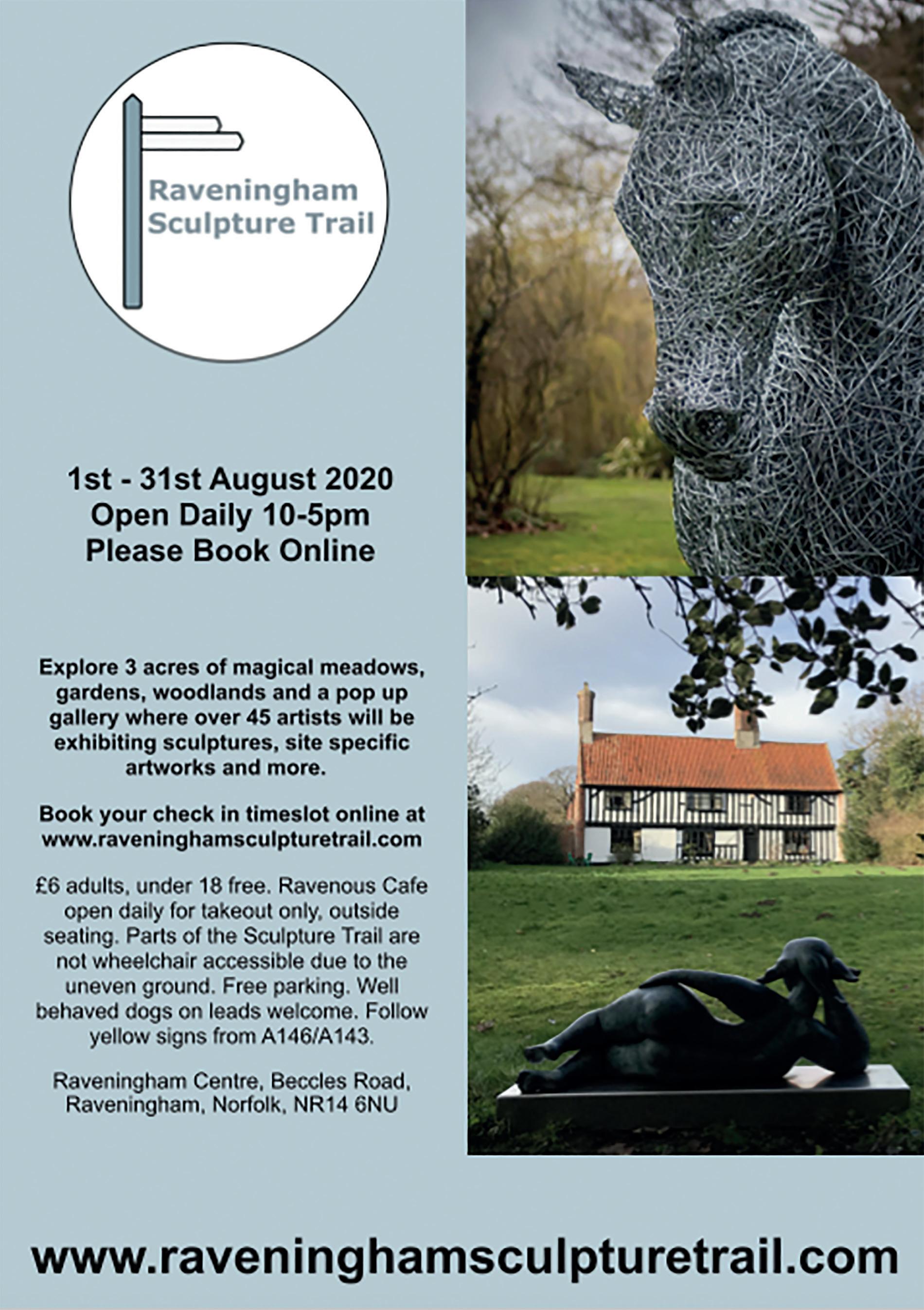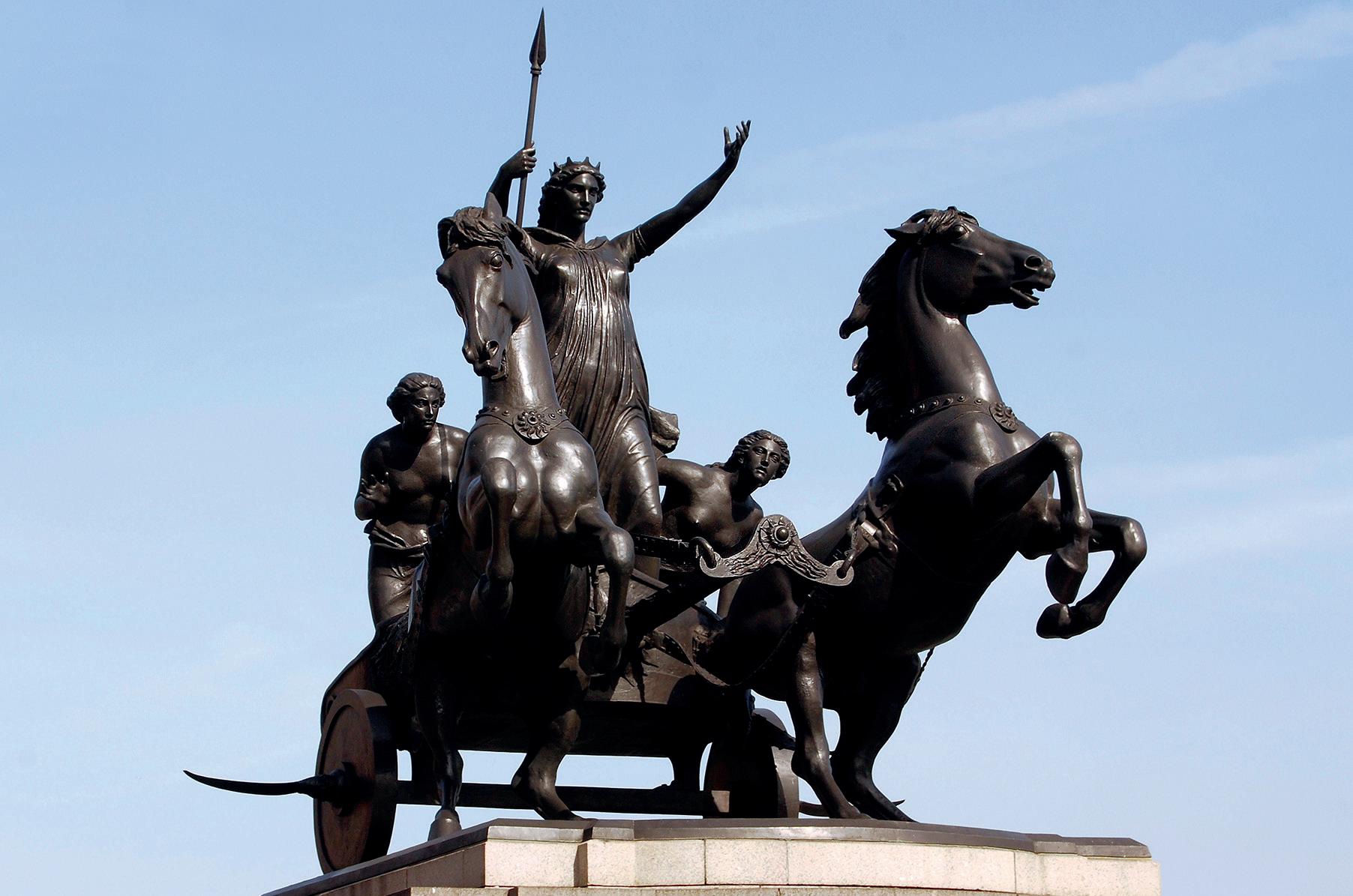
2 minute read
History: Should We Keep The Monuments?
monument (noun)
/ˈmɒnjʊm(ə)nt/ a statue, building, or other structure erected to commemorate a notable person or event
Advertisement
These past few months have
been eventful. None of us considered, when we were toasting the New Year, singing along to Auld Lang Syne, that 2020 would be quite as catastrophic as it has been. From the fires in Australia to the current Covid-19 pandemic, this year has dealt the world quite a rotten hand. The tragic and unlawful death of George Floyd in the United States ignited racial debates across the world, definitely something which needed raising. However, the timing was far from perfect with people breaking lockdown regulations to protest. During one such demonstration in Bristol, the statue of Edward Colston was toppled. His involvement in the slave trade overshadowed his previous reputation of being a philanthropist.
The Black Lives Matter movement has led to many questioning and debating whether monuments of people involved in unscrupulous
acts, which are frowned upon in modern-day society, should be retained or removed.
Personally, I am undecided for a number of reasons.
First of all, it is clear that, having read the dictionary definition of the word ‘monument’, that they were erected in order to celebrate the life and work of certain people, showing respect for them. Many years later, it is often clear that these people do not deserve our respect for they carried out or were involved in atrocious acts against humanity.
Second, I do wonder if these monuments offer today’s society the opportunity to learn from the past. Although the dictionary definition disagrees, could we not turn them into almost a warning showing what happened in the past and a will for that never to be repeated? However, history lessons, books, videos and other resources could serve to do just that without glorifying the characters.

Next, for me, the toppling of a statue is a hugely political statement. The celebrations after the execution of Saddam Hussein certainly involved this, and it sticks in my mind as something that was tremendously monumental, if you will pardon the pun. Are all of these people whose statues stand proud across the United Kingdom akin to this dictator? It is vital to distinguish between those people who were instrumental in past atrocities and those who were simply involved by association. Society evolves. That is a fact. The United Kingdom of 1820 is very different from the country of today. Many disagree with the decisions made all those years ago. Although it is easy to disagree now, perhaps they were simply acting in the standard way for those days. Of course, that does not make it right. However, some cases are difficult to judge using today’s standards.
Finally, I am still on the fence about this issue. What I am confident of though, is that defacing and toppling monuments should not be done without consequence.
Ultimately, these acts of defiance are against the law, and if we, as a society, wish to get rid of them, this needs to be done in the right way.
Who will be next? Queen Victoria? Captain James Cook? What are your thoughts on this matter? Iceni Magazine would love to hear your opinions.











